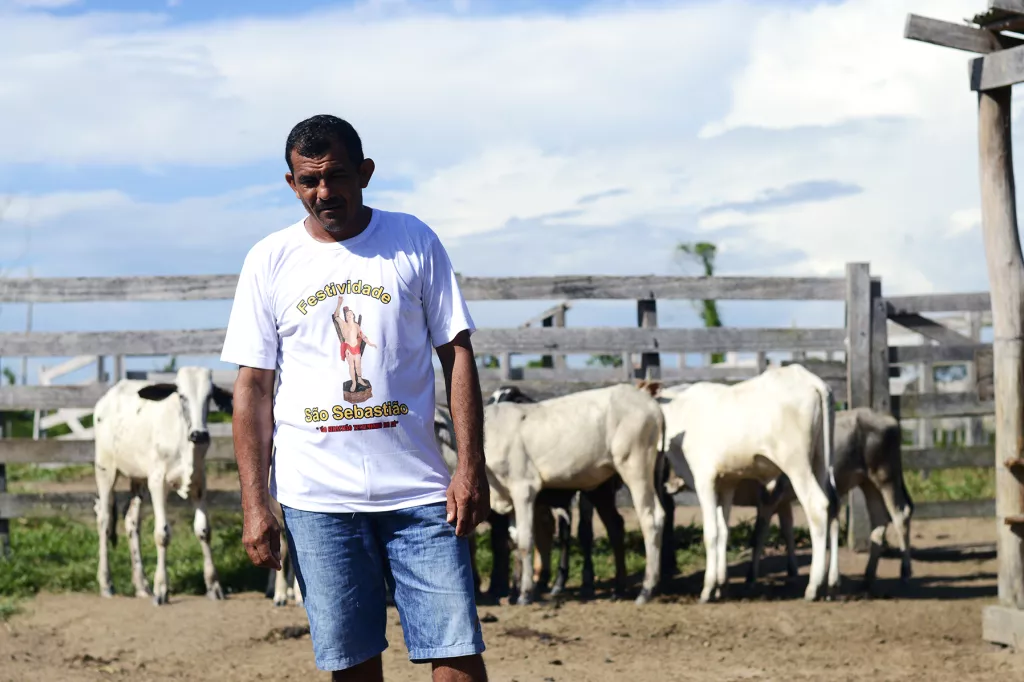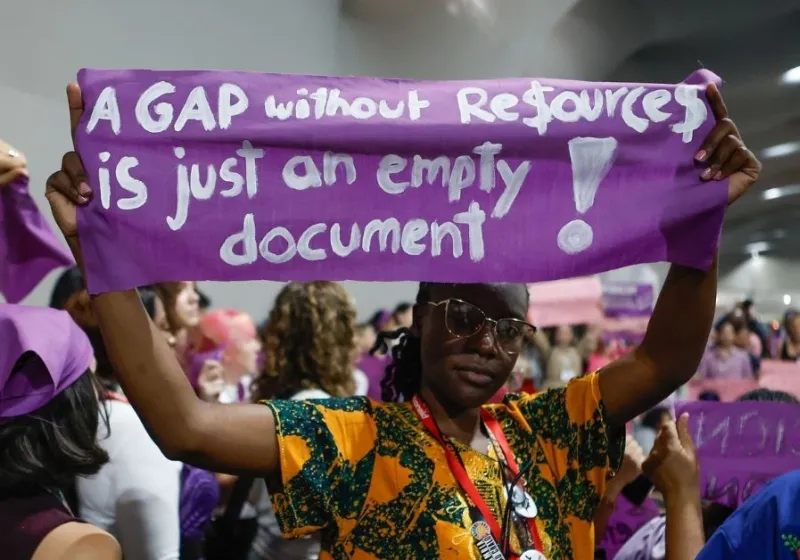S.O.S. Amazon: Sustainable Cattle Farming as a contribution to face climate change

In the last couple of months, the whole world has been shocked by the images of the Amazon tropical rainforest in flames. Hundreds of thousands of hectares of biodiversity turned into ashes, in a dry season that annually has this kind of situation, but not to the dramatic extent that this year´s dry season has brought. Since January, more than 74,000 fires have been officially registered by Brazilian authorities, with an increase of 83% from the same period last year.
The direct relationship between intentional fires and deforestation in the Brazilian Amazon region have been addressed by a research from IPAM (Institute of Environmental Research of the Amazon) and the Federal University of Acre. The ten Amazonian municipalities with more fires are the ones also with the highest rates of deforestation.
Consequently, these fires are mainly initiated by farmers and landowners who take advantage of the situation to clear out areas. First, they clear out the forest, cutting the trees. They wait a couple of months for the land to dry (in the dry season of August and September), and then they start the fire. This way, they create new spaces for their crops and animals, mainly soya and cattle.
The new national government has publicly expressed its intention of opening the Amazonian region to private investment. This posture has implied a tension towards environmental agendas, human rights of indigenous communities and of course the reduction of the Amazonian territories as an abundant and diverse source of resources, commodities and infrastructure projects. That is, it is considered a biodiverse commodity.
In addition, the president of Brazil Jair Bolsonaro issued provisional measures that were converted into law by the Brazilian Congress, reducing the degree of protection for conservation and extending the deadline for illegal occupants’ request for regularization of public land holdings. And to add just one more factor to his context, in 2016, the exports of Brazilian meat increased, as the Chinese market was opened.
All this puts a lot of pressure on the Amazonian region and the risk of its deforestation, which has been a historical situation, now increased with the Bolsonaro government.
In this context, the Brazilian CSO ECAM (Equipe da Conservação da Amazônia) jointly with the Swedish CSO Regnskogsforeningen and the support of Forum Syd (through the Civil Society Programme), and together with other stakeholders that participate in the Territórios Sustentáveis (Sustainable Territories) programme, have developed a project to face the deforestation of the Amazon region due to cattle ranching activities. The project for Sustainable Cattle Farming (Pecuária Sustentável) is being developed with 15 farms in the southern region of the municipality of Oriximiná, in the state of Pará.
“This farm was opened 25 years ago”, says Fernando Andrade, one of the cattle farmers that has engaged strongly with the project. “At that time we did not have this mindset, so our tendency now is to reforest.”
The impacts of the project are not restrained to environmental and economical sustainability (the latter being probably the most attractive one for new coming farmers to the project’s activities), but also aim at achieving an improvement of the welfare of the men and women involved in this new way of handling cattle breeding.
“Let’s suppose I gather the calves at two o’clock in the afternoon”, says Roberto Oliveira, another cattle farmer engaged with the project. “As they were far, sometimes it took me up to three hours to get back home. Now I only need 15 minutes to gather them.” This way, Roberto has more time to be at home, sharing with his family and doing additional productive activities, such as cheese production.
Cheese made at Roberto Oliveira’s farm. Photo: Carlos Cárdenas Angel
“We are very enthusiastic over the environmental and economic progress of those cattle farmers, starting to produce more on less land with a sustainable approach”, states Ulf Rasmusson of Regnskogsforeningen. “On my last trip to Oriximiná I was able to verify that Roberto Oliveira is now producing and earning seven times more per hectare of pasture, which means he is getting 50 % higher production and gross income despite using less than one quarter of the land compared to before the project started. And it´s sustainable, instead of declining over time”.
“For the beef cattle ranchers, the percentage increases are also big although less dramatic than dairy”, continues Ulf, “but since those farms are bigger the number of hectares saved will be much larger”.
Source: Regnskogsforeningen
The enhancement of the quality of labour conditions for rural workers, involves fair wages, good diets, decent living conditions, and additionally better conditions for the animals themselves, which in turn results in a better quality and healthiness of the production outputs (milk and its by-products, meat, genetic resources, among others).
“I know at first we might think it is expensive, but if we do estimations for the next 10 years, you will find it much cheaper than the traditional system”, says Fernando Andrade. Indeed, for many cattle farmers the risk of the initial investment is something that has limited the participation of more of them. Nonetheless, as they have witnessed the results in farms such as Fernando’s and Roberto’s, more cattle farmers are becoming interested in incorporating this new model for cattle farming. Behind the economical motivation, and with the satisfaction of positive results, they will certainly understand that as development actors for their territory (they are already discussing with local authorities the possibility of having storage centres and a processing plant for the region) they will also be promoting the sustainability of the Amazonian tropical forest, protecting its biodiversity, and at the same time enhancing the welfare for rural communities in the region.
Other recent articles

ForumCiv’s social media accounts labelled as “extremist materials” in Belarus
Important message to our Belarusian followers. Any interaction with our content can now lead to legal consequences in Belarus. Please read the information below and take the necessary precautions for...

ForumCiv enters new strategic partnership
ForumCiv is proud to announce a new three-year strategic partnership with Sida, totalling SEK 137 million.

ForumCiv at COP30: African voices at the centre of climate justice
ForumCiv is participating in COP30 in Belém to amplify the voices of African civil society, who stand at the frontlines of the climate crisis yet are often excluded from decision-making.